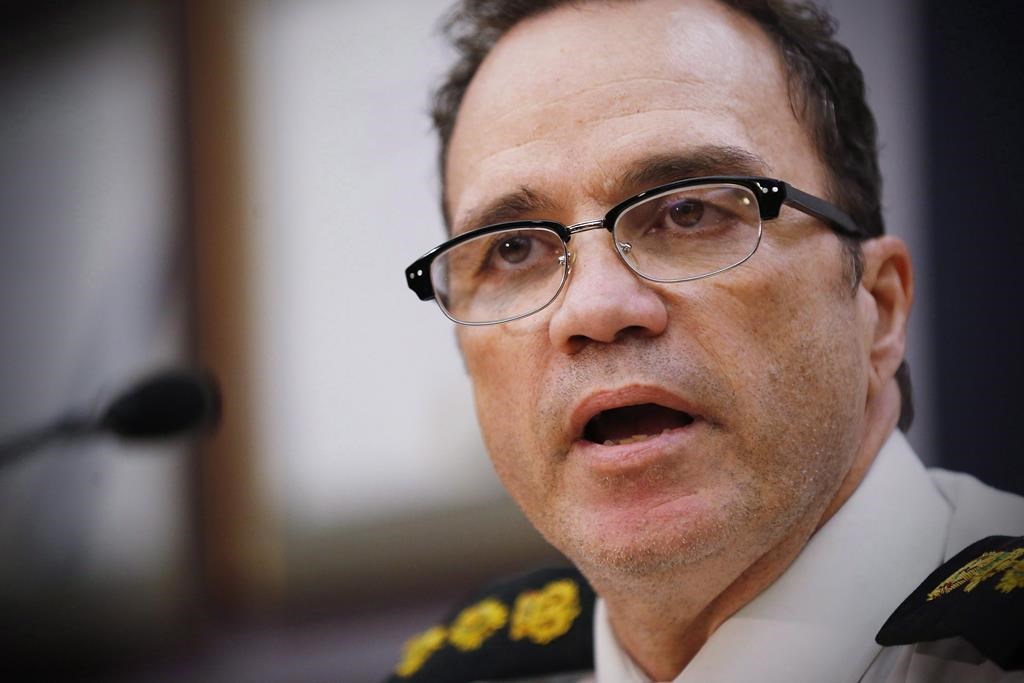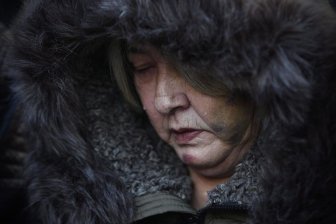Winnipeg police say a civilian member of the force has tested positive for COVID-19.

Police chief Danny Smyth said the worker was last in the 911 Communications Centre on April 1 and her positive result was shared with him Tuesday night.
They are unsure how the employee contracted COVID-19, said Smyth.
“We did a little bit of our own investigation, here internally,” to take their own precautions he said, but hasn’t heard from Public Health about their investigation.
- Capital gains changes are ‘really fair,’ Freeland says, as doctors cry foul
- Ontario doctors offer solutions to help address shortage of family physicians
- ‘Dangerous message’: Experts slam anti-sunscreen claims circulating online
- ‘Trying not to die’: Tourism operators loaded with debt despite rising demand
All the employees who are isolating are from the communications centre, said Smyth, adding they won’t be moving out of the centre into a backup space for now.
“The centre that we have here at headquarters, it’s a very open spacious centre that has 25 foot ceilings … and the spacing that we provide to employees is very good,” said Smyth.
Smyth said police are OK for now in terms of Personal Protection Equipment, but said supplies are low like everywhere in the world.
Questions about COVID-19? Here are some things you need to know:
Health officials caution against all international travel. Returning travellers are legally obligated to self-isolate for 14 days, beginning March 26, in case they develop symptoms and to prevent spreading the virus to others. Some provinces and territories have also implemented additional recommendations or enforcement measures to ensure those returning to the area self-isolate.
Symptoms can include fever, cough and difficulty breathing — very similar to a cold or flu. Some people can develop a more severe illness. People most at risk of this include older adults and people with severe chronic medical conditions like heart, lung or kidney disease. If you develop symptoms, contact public health authorities.
To prevent the virus from spreading, experts recommend frequent handwashing and coughing into your sleeve. They also recommend minimizing contact with others, staying home as much as possible and maintaining a distance of two metres from other people if you go out.
For full COVID-19 coverage from Global News, click here.





Comments